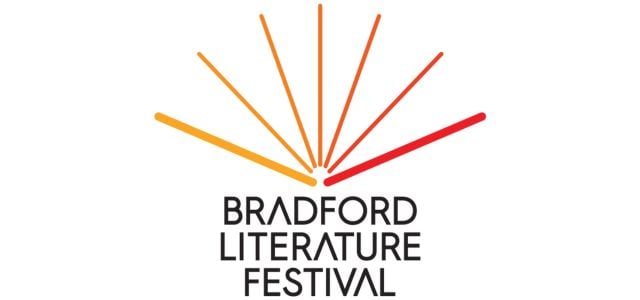Israel-Palestine: What Next?
Engage in a critical discussion on the future of one of the world’s most enduring conflicts.
In the tumultuous aftermath of World War II, the partition of Palestine aimed to create peaceful coexistence between Jewish and Arab states. Instead, decades of bitter conflict ensued and, with the ongoing crisis in Gaza, this vision appears more distant than ever.
The two-state solution has been the longstanding goal of international efforts to resolve the Israeli–Palestinian conflict. However, it has faced significant challenges and obstacles. Is it still a viable option and, if not, what are the alternatives?
Join our panel of experts on conflict resolution as they explore the possibility of peace in a region long beset by seemingly intractable tensions. Don’t miss this opportunity to gain insights into the prospects for peace and possible solutions ahead.
Join us for an enlightening discussion of the popular Islamic Zaytuna Curriculum Series with these highly regarded academics.
About the Speakers
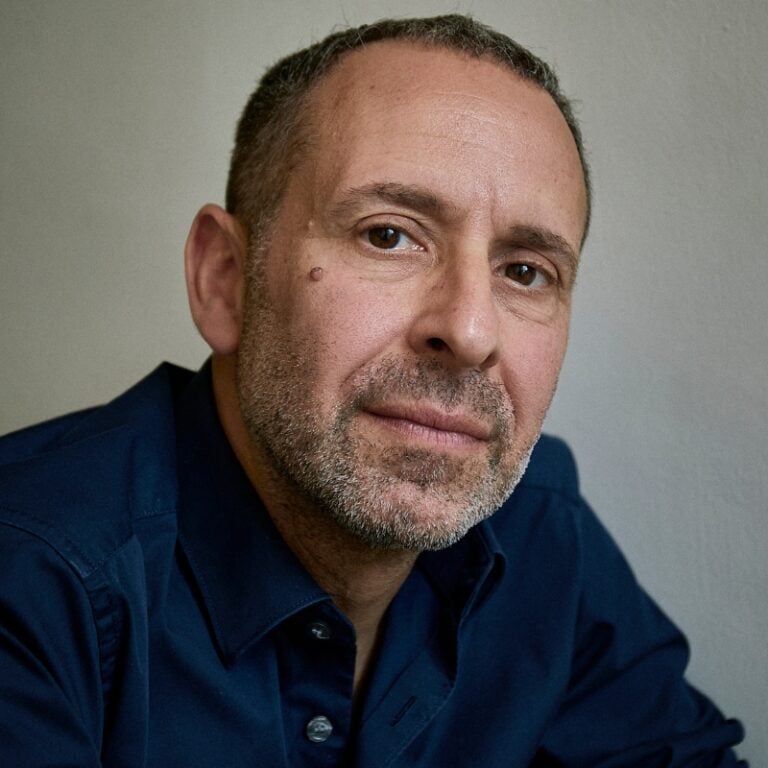
Daniel Levy
Daniel Levy is a political analyst and President of the U.S./Middle East Project (USMEP). He previously served as MENA Director for the European Council on Foreign Relations and Head of the Middle East Taskforce at the Washington DC New America Foundation.
Levy was a Senior Advisor in the Israeli Prime Minister’s Office and to Justice Minister Yossi Beilin during the Government of Ehud Barak (1999-2001). He was a member of the official Israeli delegation to the Israel/Palestine peace talks at Taba under Barak and at Oslo B under Yitzhak Rabin (1994-95).
Levy briefed the UN Security Council on four occasions in the past five years, the latest of which from February 2025 can be viewed here.
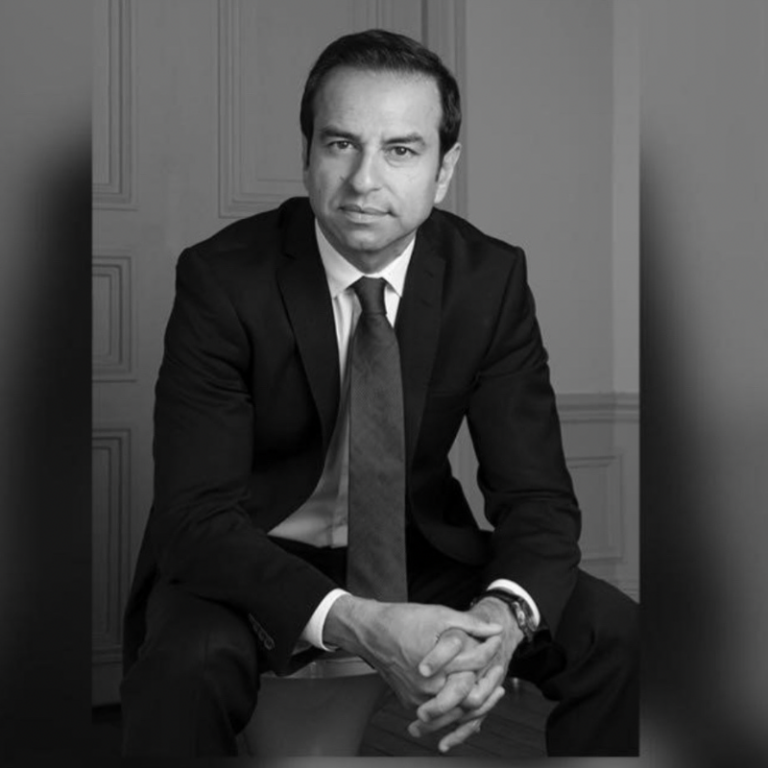
Salman Shaikh
Salman Shaikh is the Founder and CEO of The Shaikh Group (TSG), a specialised peace-building organisation dedicated to mitigating and resolving violent conflict, with a focus on the Middle East and North Africa (MENA). Shaikh has extensive experience leading mediation and Track II diplomacy initiatives with local actors, governments, and key international actors – with a focus on Syria, the broader Levant, the Gulf region and Iran. Before establishing TSG, Shaikh was the director of the Brookings Institution’s Doha Center, where his research focused on conflict resolution, domestic policy, and geopolitics of the Middle East. Shaikh previously worked the United Nations in a number of offices. Shaikh also served as director for policy and research in the private office of Her Highness Sheikha Moza bin Nasser al-Missned, the Consort of the former Emir of the State of Qatar.
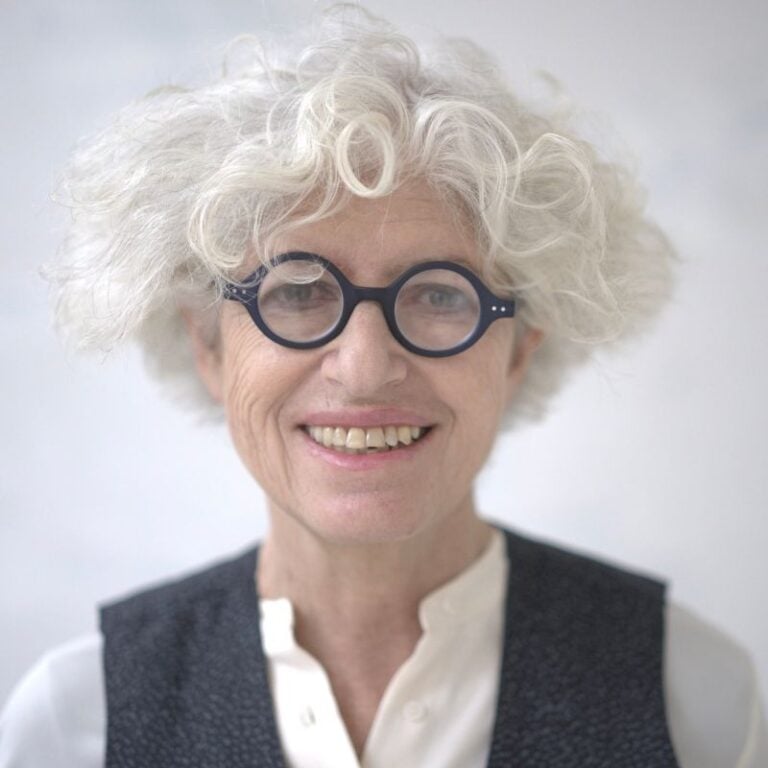
Gabrielle Rifkind
Gabrielle Rifkind is the Director of Oxford Process, an independent preventive diplomacy initiative. She is a group analyst, specialist in conflict resolution and an accredited mediator. Gabrielle combines in-depth political and psychological expertise with many years’ experience in promoting serious analysis and dialogue. Her focus of work over the past two decades has been the Iran nuclear issue, the proxy wars in Syria, the Palestine-Israel conflict, and the Ukraine-Russia war. She has both facilitated meetings with and spent time talking to the leadership in Syria, Iran, Lebanon, Egypt, Jordan, Saudi Arabia, Israel and ‘Western’ states. More recently, Oxford Process has turned its attention to conflict resolution beyond the Middle East, including a UK focus. Gabrielle is also an author and frequent contributor to the media, with over 50 publications nearly always from a conflict resolution perspective. She is the author of three books: The Psychology of Political Extremism, The Fog of Peace: The Human Face of Conflict Resolution, and Making Terrorism History. She has also written for The Guardian, The Times, Prospect, The Independent, Open Democracy, and the New England Journal of Public Policy. She has been the conflict mediator on BBC Radio 4’s Across the Red Line, twice debated at the Oxford Union and regularly gives public lectures.
About the Chair
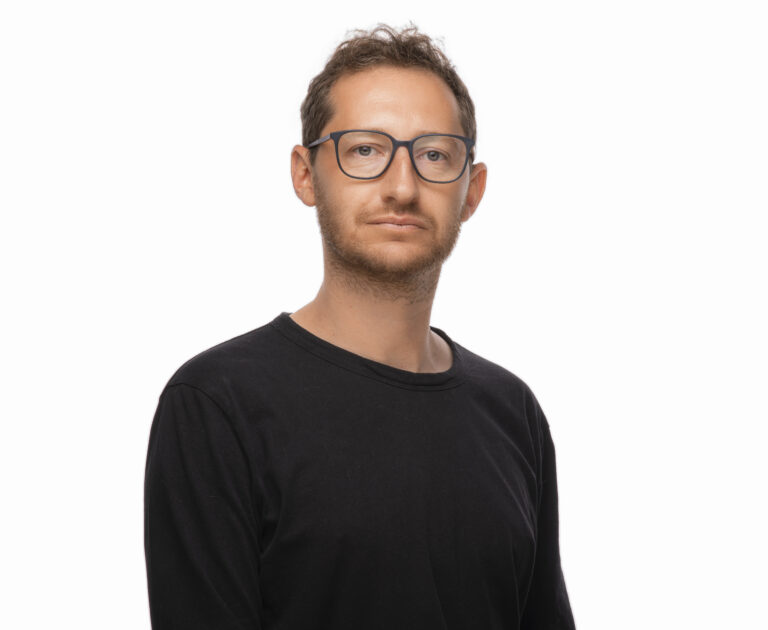
Daniel Hilton
Daniel Hilton is Middle East Eye’s head of news. In April 2021, his reporting from the Libyan town of Tarhuna on civil war atrocities was recognised with an Amnesty International Media Award. He has also been shortlisted for the Prix Bayeux awards for war correspondents and journalist of the year at the Drum awards. Previously Hilton was based in Beirut, where he was region editor of Lebanon’s The Daily Star newspaper.
Join Our Mailing List
By submitting this form you agree to our Privacy Policy and to receive marketing emails, including e-newsletters and event updates from Bradford Literature Festival.
